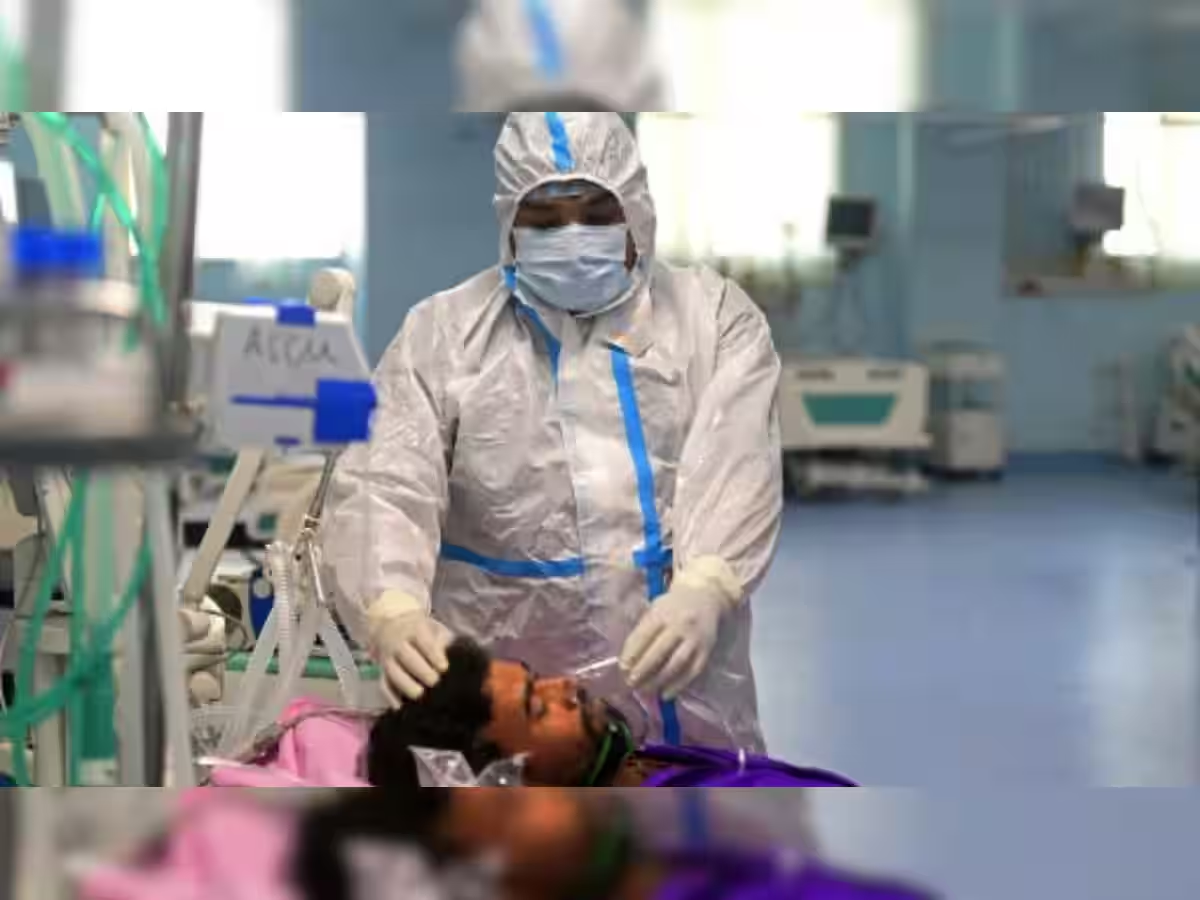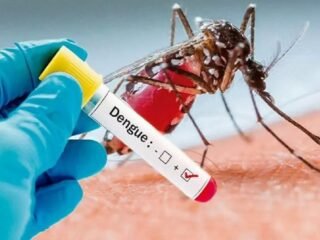New Delhi, 22 May 2025: After a period of relative calm, India is once again witnessing a disturbing rise in COVID-19 cases, prompting fears of a potential resurgence. Cities such as Mumbai, Chennai, Ahmedabad, and states including Karnataka and Tamil Nadu have reported a notable increase in infections over the past week. Health officials are on high alert, and experts are urging the public to remain cautious, as the JN.1 variant — a highly transmissible sub-lineage of Omicron — is suspected to be driving the uptick.
Current Situation and Rising Hotspots
According to data released by the Union Health Ministry, India reported 257 new COVID-19 cases in the last 24 hours. While the overall national numbers remain relatively low, the concentration of cases in certain urban hubs has sparked concern. Maharashtra, Tamil Nadu, and Kerala are among the worst-hit states, with Mumbai and Chennai recording steady daily case counts. Gujarat’s Ahmedabad has also emerged as a new hotspot, and Karnataka has reported a gradual increase over the last few days.
Two COVID-related deaths have been reported from Mumbai, further raising alarm among health authorities. While these cases appear isolated, experts fear that if left unchecked, the numbers may escalate rapidly — especially with increased travel, crowded gatherings, and reduced mask usage.
What Is the JN.1 COVID Variant?
The recent rise in infections is believed to be linked to the JN.1 variant, a fast-spreading subvariant of Omicron that has already triggered fresh waves in Southeast Asia, including Singapore, Thailand, Hong Kong, and China. The JN.1 variant is known for its immune-evasive characteristics, which means that even people previously infected or vaccinated could potentially contract the virus again.
While most JN.1 infections reported so far are mild to moderate, experts warn that the elderly, immunocompromised, and people with comorbidities remain at high risk. Hospitals have been advised to stay vigilant, test suspected cases, and review oxygen and ICU readiness.
COVID Symptoms to Watch Out For
Doctors are urging the public to be aware of the symptoms associated with the JN.1 variant. These include:
Fever and chills
Fatigue and body ache
Persistent cough and sore throat
Nasal congestion
Shortness of breath in severe cases
Gastrointestinal issues like nausea and diarrhea (in some cases)
Health experts recommend getting tested if symptoms persist for more than two days, especially in high-risk individuals.
What Are the Authorities Doing?
The Ministry of Health has advised states to ramp up testing and genome sequencing to track the spread of the new variant. Some states have also started re-implementing COVID-appropriate behaviour protocols in hospitals and public places.
Dr. Randeep Guleria, former AIIMS director and member of India’s COVID Task Force, noted, “While we are not seeing severe cases or hospitalisations on a large scale yet, it is essential to remain cautious. We must not let our guard down.”
Precautions You Should Take Now
Even though full lockdowns or travel restrictions are unlikely at this stage, public health experts recommend the following steps:
Wear masks in crowded or enclosed public spaces
Practice frequent hand hygiene
Avoid large gatherings if symptomatic
Ensure ventilation in indoor areas
Stay up to date with booster doses, especially for vulnerable groups
Is the Pandemic Back?
While it’s too early to say if India is on the verge of a new wave, the sudden increase in cases is a reminder that COVID-19 has not disappeared. The virus continues to evolve, and vigilance remains the key to preventing another large-scale outbreak.
Stay tuned for real-time updates, expert advice, and government advisories as the situation unfolds.






